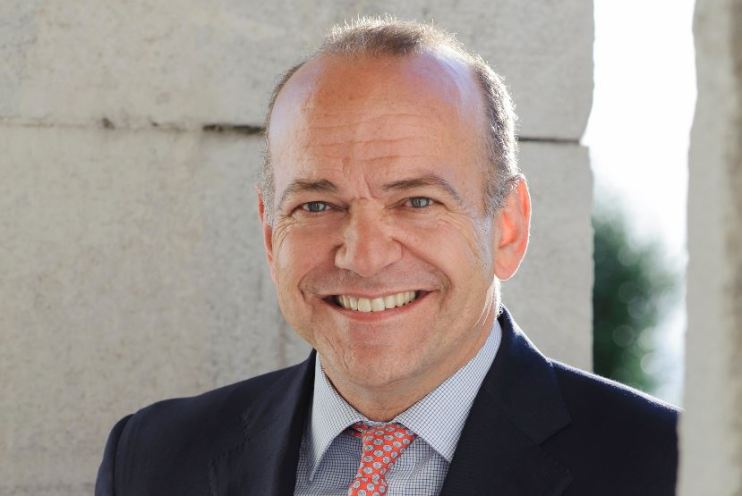The UK Government consulted the crypto industry, but will it get regulation right?

by The Hon Albert Isola MP, Minister for Digital & Financial Services at Government of Gibraltar
The explosion of crypto-assets in recent years has revolutionised payments worldwide, providing a never-seen-before decentralised model of value exchange with a global expanse. The benefits of cryptocurrencies are potentially significant; however, these advantages can be overshadowed by the same question: how can crypto be effectively regulated?
Regulation often chases innovation. The crypto-assets industry is no different, presenting regulatory challenges for governments worldwide as they battle with the nuances of the rapidly evolving space. The disharmony in the approach of global financial regulators is causing quite a stir, most notably with relentless filings from the US Securities and Exchange Commission (SEC). The wave of allegations may have inhibited growth and innovation in the US, causing crypto-orientated businesses to consider moving to competing jurisdictions.
To ease tensions between budding businesses and regulators alike, establishing clear compliance standards and effective regulatory processes is fundamental. However, as exemplified in Gibraltar, only by ensuring a level of market integrity that achieves transparency, fair practices, and the prevention of market manipulation, can we benefit both the consumer and regulator.
A global attempt
2023 has seen attempts to regulate the industry with an emerging prioritisation being placed on market integrity. April saw the Markets in Crypto-Assets (MiCA) regulation finally passed, designed to enhance investor protection, ensure market integrity, and foster financial stability within the EU. Furthermore, the incoming MiCA regulations call for firms that issue crypto assets to produce comprehensively detailed white papers in line with the legislation’s requirements. From this, the European Commission can judge accordingly if an applicant’s business will comply with these requirements.
The UK has also shown active dedication to shaping its own regulatory approach to the crypto industry. Earlier this year, HM Treasury released a public consultation to gather feedback on the proposed regulatory framework for crypto-assets. “Protecting UK market integrity” is outlined as one of the four overarching policy objectives in the document, demonstrating the UK’s commitment to consumer protection.
However, the impact of the consultation is yet to be seen and an active working group charged with delivery has not yet been established — but the UK’s intentions to develop a framework that strikes a balance between fostering innovation and maintaining market integrity are clear. Unlike MiCA, the UK does not require whitepapers from incoming businesses. However, the UK did launch an open consultation seeking input from industry experts on the market and will use these insights to construct its final legislation.
Gibraltar’s pioneering approach
However, now that the UK’s deadline for public feedback on its crypto consultation has passed, let’s reflect on the lessons that we can all learn from jurisdictions that have already made significant progress regulating the industry.
Gibraltar introduced its Distributed Ledger Technology (DLT) regulatory framework back in 2018 with Nine Regulatory Principles. This framework provides a clear and transparent regulatory environment for crypto-related businesses.
A Market Integrity Working Group was established in January 2021, responsible for defining the market standards for businesses operating in the DLT space. Last April, Gibraltar introduced a tenth regulatory principle created to ensure that DLT providers conduct themselves in a manner that maintains or enhances the integrity of any markets in which they participate.
Looking ahead
While jurisdictions may have approached crypto-asset regulation differently, it remains essential that they recognise the importance of market integrity and investor protection. Policymakers should create comprehensive regulatory frameworks that balance the needs of both the industry and stakeholders.
The UK in particular, may believe that it has an opportunity to gain further understanding from frameworks that are in existence or advanced development and it would appear that a principles-based approach is the favoured option at this point in time.